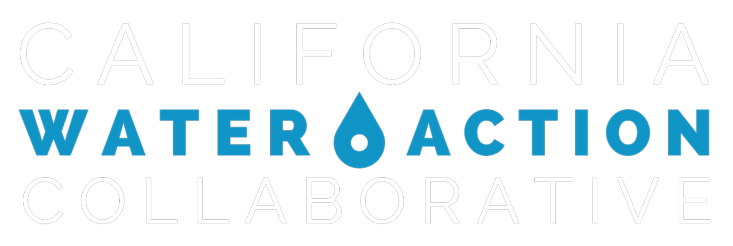Source: Pacific Institute
With climate change altering the timing and volume of precipitation, climate-resilient urban landscapes and water supply strategies are critical – particularly for those who depend on imported water like Southern California. Pressures on water resources are intensifying due to aging infrastructure, population growth, and climate change, among other factors. With vast expanses of water-intensive turf grass and large impervious surfaces, most urbanized communities are ill-adapted to these pressures. This project is a collaboration with the Southern California business community to motivate the installation of landscapes on their properties that provide multiple benefits. Sustainable landscapes improve surface water quality, flood management, and water supply reliability, while also reducing energy usage and greenhouse gas emissions, sequestering carbon, improving ecosystem and human health, promoting economic activity, and enhancing community resilience. Investment in sustainable landscapes is a highly visual way for the business community to showcase its commitment to sustainability and will help to promote similar actions by others. The Pacific Institute’s initial study finds that there are significant opportunities for the business community in California’s Santa Ana River Watershed to contribute to shared watershed goals through investments in sustainable landscape practices on their properties. While focused on the Santa Ana River Watershed, the project approach and findings are relevant to urban communities around the world.
Project lead: Pacific Institute | CEO Water Mandate
Participating CWAC members: The Coca-Cola Company | Netafim | Nestlé Waters North America
Additional partners: California Forward | Santa Ana Watershed Project Authority (SAWPA)
To learn more: Read Pacific Institute’s report – Sustainable Landscapes on Commercial and Industrial Properties in the Santa Ana River Watershed – or contact Cora Kammeyer, Pacific Institute-- ckammeyer@pacinst.org

